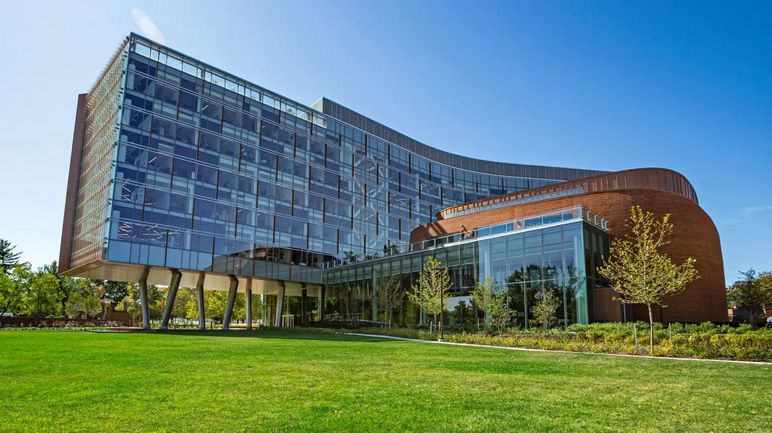Featured Videos
NASA Tracks Freddy, Longest-lived Tropical Cyclone on Record
Tropical Cyclone Freddy lasted more than five weeks. Once a very powerful Category 5 cyclone, Freddy first made landfall along the east coast of Madagascar on February 21, 2023, just north of the town of Mananjary as a Category 3 cyclone.
IMPACTS 2022: NASA Planes Fly into Snowstorms to Study Snowfall
What NASA’s IMPACTS mission learns about snowstorms will improve meteorological models and our ability to use satellite data to predict how much snow will fall and where.
Clouds 101
Clouds can tell us a lot about what weather we might expect to see, but they’re actually quite mysterious. The question is: Because clouds are produced by the climate, how will a changing climate impact clouds? And, conversely, clouds have an impact on our climate, so how will changing clouds affect a changing climate? Welcome to Clouds 101.
How a Squad of Small Satellites Will Help NASA Study Storms
Hurricanes are some of the most powerful and destructive weather events on Earth. To help study these powerful storms, NASA is launching TROPICS, a collection of six small satellites.
Members of NASA's Global Precipitation Measurement (GPM) GV team [David Wolff (612), GPM GV PI], the University of Connecticut, the Oklahoma State Uni...
Friday, April 05, 2024

